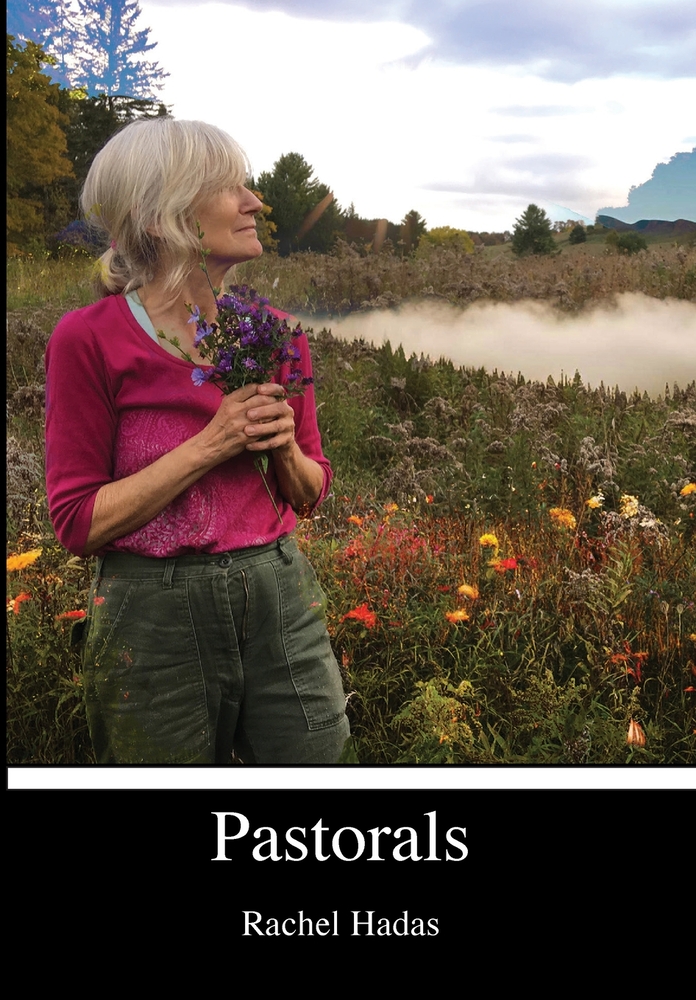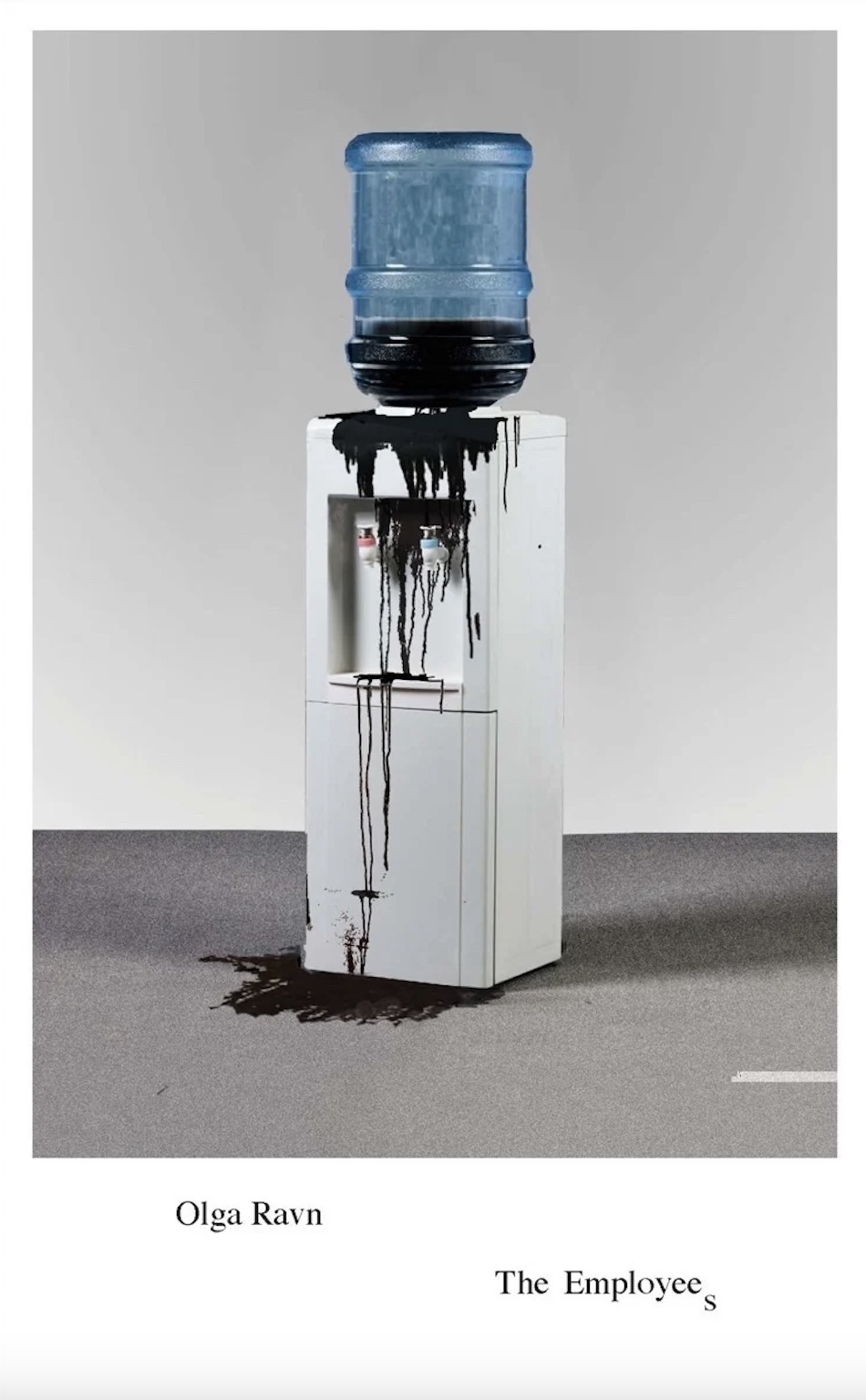Curated by SOFIA BELIMOVA and OLIVE AMDUR
The fireworks have finally quieted down, but July has just begun to heat up! Whether you are looking for a book to help you forget the hot weather or a book filled with just as many vivid sensations as the summer season is, keep on reading. In this month’s Friday Reads feature, three of our interns recommend dynamic stories about the nightclubs of the Midwest, a boarding school in coastal Rhode Island, and the tangled relationships of a young person’s body and spirits.
Diablo Cody’s Candy Girl: A Year in the Life of an Unlikely Stripper; recommended by Morry Ajao (intern)
Before Diablo Cody was Diablo Cody, the Academy Award-winning screenplay writer of Jennifer’s Body and Juno, she was Brook Maurio: a 24-year-old girl who met a boy and moved spontaneously from Chicago to Minneapolis. Candy Girl: A Year in the Life of an Unlikely Stripper tracks Cody’s journey from a cubicle, where she worked a mind-numbing office job writing for an ad agency, to the stages of various poorly-run nightclubs. A raw and punchy package, this memoir is filled with wildly funny lines and uber-specific cultural references.
Candy Girl is a story of self-discovery—all great memoirs are. Cody possesses a distinct voice that lingers, approaching her risky forays into adult entertainment with honesty, and never sugarcoating or moralizing about her highly chastised profession. She manages to write with her signature comedic flair, while also including moments of immense vulnerability.
There are many things that make this book hard to put down—the stomach-churning scenarios that one wouldn’t dare speak about at the dinner table, the deeply-troubled clients Cody routinely encounters during her shifts, and the drama-filled locker rooms of the strip clubs. If you’ve ever wanted to know about the seedy underworld of midwestern stripping culture, this book is for you. If you just want to read phenomenal writing, this book is for you too.
emily m. danforth’s Plain Bad Heroines; recommended by Sam Spratford (Applefield Fellow)
Though Donna Tartt’s masterpiece The Secret History is one of my favorite books, as it is for many other English-inclined liberal arts college students, the dark academia aesthetic is best appreciated in the colder months: coffee blowing hot clouds of steam as snow chills your reading nook. This summer, emily m. danforth’s Plain Bad Heroines (2020) has been helping to tide me over. The novel’s two plotlines—a string of deaths at a girls’ boarding school in the early 20th century and a contemporary movie remake of these events—coalesce in an intoxicating mix of supernatural mystery, sapphic desire, and summertime escapades. The school orangerie’s sickly-sweet blossoms, the apples that rot in the Rhode Island orchard, and the sinister hum of the yellowjacket, appearing in danforth’s playful, radiant prose and in a series of delicate illustrations by Sara Lautman, are among the images that sustain the mood. While the book would be the perfect atmospheric complement to any sticky, solitary July picnic (and, at 617 pages, it is sure to last through the month and on) it also compellingly portrays the queer young woman’s desire to find independence, purpose, and to live richly, against all odds, and it does not shy away from the messy, maddening side of this spirit.
Akwaeke Emezi’s Freshwater; recommended by Kei Lim (intern)
“There was a time before we had a body, when it was still building itself cell by cell inside the thin woman, meticulously producing organs, making systems”
Centering Igbo cosmology in a modern context, this semi-autobiographical novel by Akwaeke Emezi follows the life of Ada, who is born an ogbanje and whose gender falls outside of the binary, from her birth in southern Nigeria to her adulthood in the United States. With multiple spirits trapped within her human body, Ada navigates what it means to live as an ogbanje, forming tumultuous relationships and undergoing traumatic events as the spirits become increasingly present in her life and she approaches adulthood. Ada struggles to find a sense of self as she questions which thoughts and actions are truly her own, and which are brought about by the spirits. Narrated from the point of view of the spirits, Freshwater’s prose is lyrical and otherworldly from its first line, and unlike any writing I’ve read before. An exploration of spirituality, mental health, gender, and identity, the novel dives into Igbo metaphysics and forces the reader to reconsider what defines reality.







